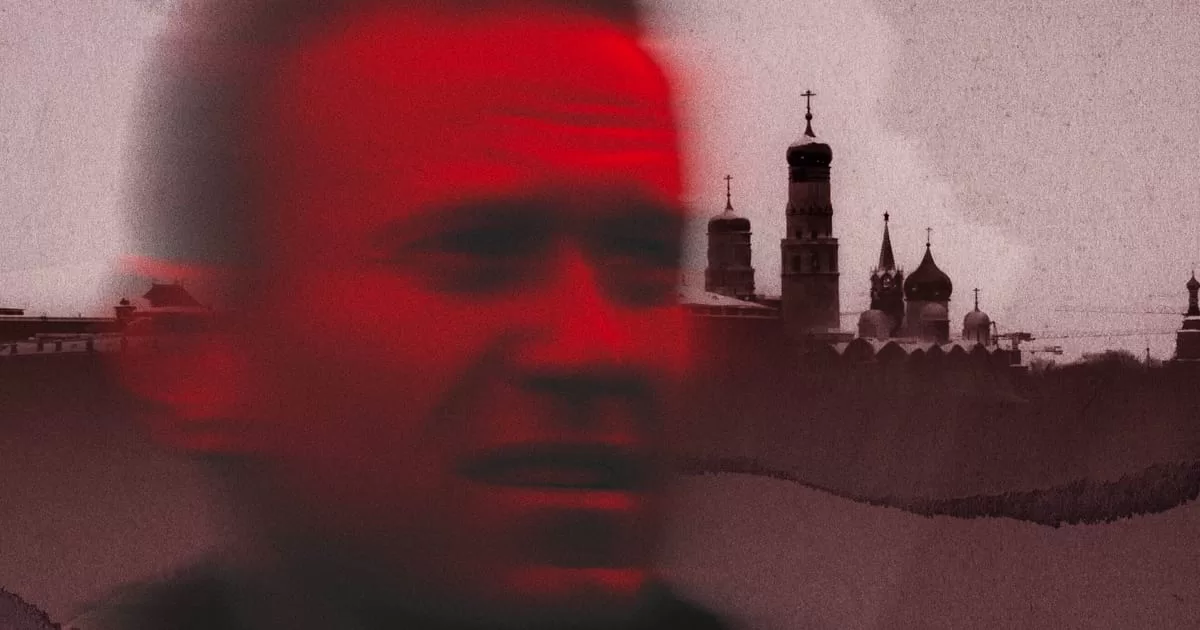Meanwhile, in keeping with a previous tradition, Putin refused to call Navalny by name, referring to him as “the Berlin patient.” (Even on Friday, Putin maintained his hallmark trait of not deigning to refer to his adversary despite ample opportunity to do so in a public appearance at a factory.)
In 2021, although he could have stayed in exile, Navalny made the daring — and ultimately fatal — decision to return to Russia.
“If your beliefs are worth something, you have to be willing to stand up for them. And if necessary, sacrifice something,” Navalny said on X last month, on the reason for his return.
He was immediately arrested upon landing for failing to report his whereabouts to the Russian authorities while undergoing treatment in Germany, thereby violating the terms of his parole.
While in jail, a Russian court declared his Anti-Corruption Foundation an “extremist” organization, forcing his employees and volunteers underground or into exile.
That, and military censorship laws, passed in the wake of Russia’s full-scale invasion of Ukraine, quashed any remaining hope of coordinated protest against the Kremlin and its war.
